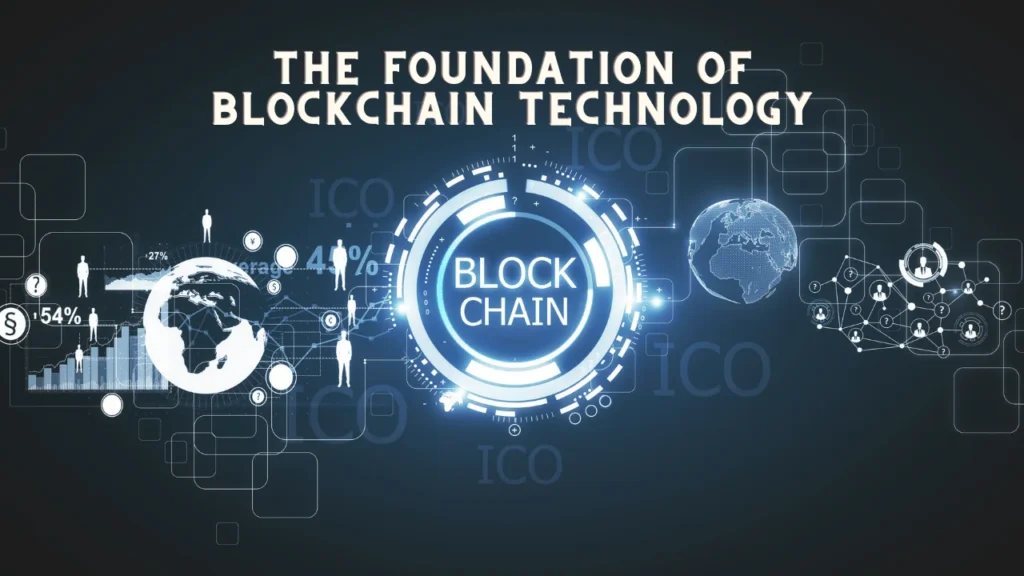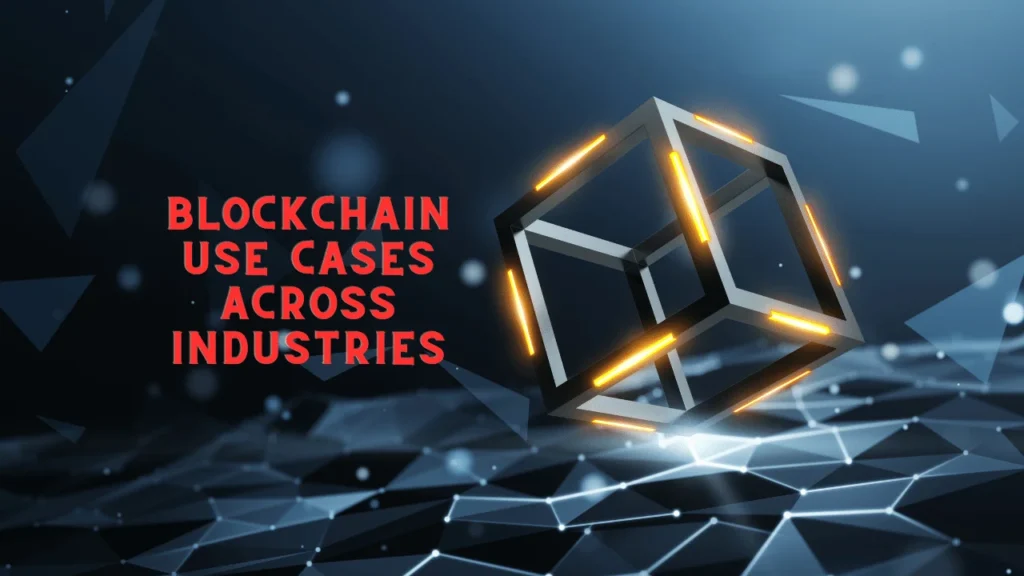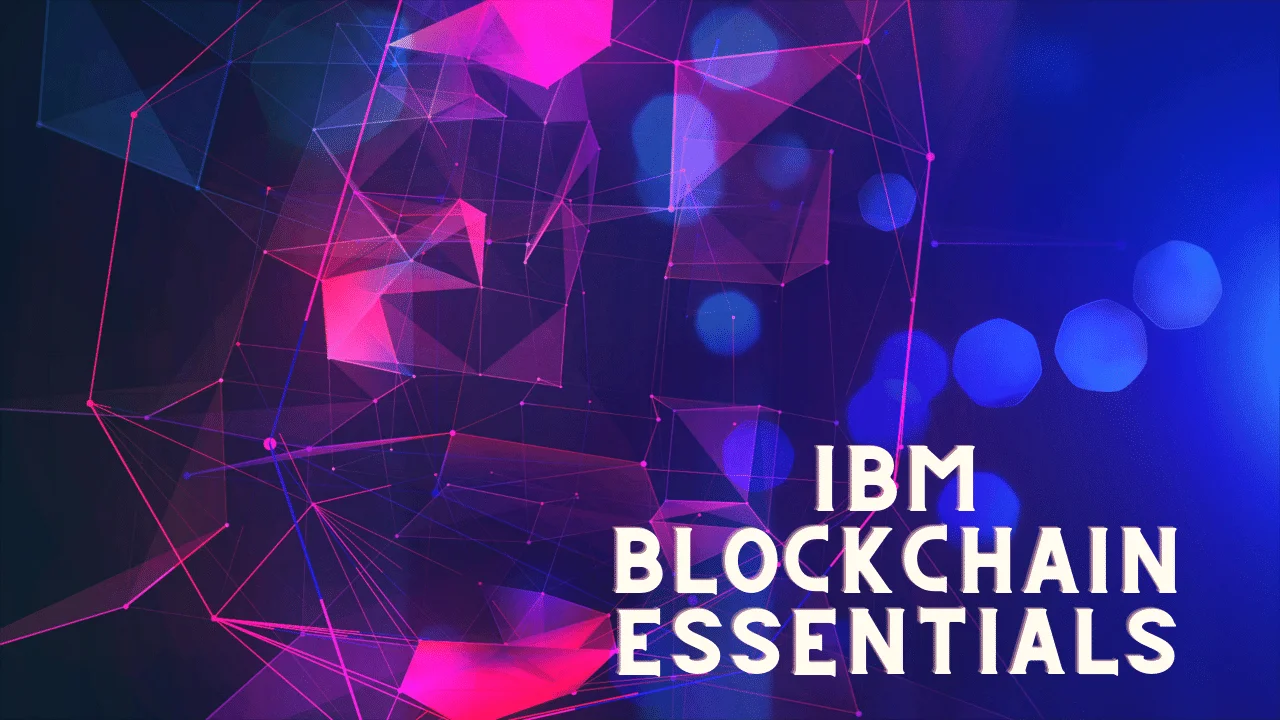Introduction
Introducing IBM Blockchain Essentials, a game-changer for businesses in this age of digital transformation. For businesses looking to tap into the game-changing potential of blockchain technology, it serves as a guiding light. This all-inclusive program explores blockchain from every angle, providing a thorough grounding in its concepts, practical uses, and revolutionary potential in various sectors. Experts in the field will find IBM Blockchain Essentials to be an indispensable resource for understanding and implementing the revolutionary principles of decentralization, transparency, and immutability.
The Foundation of Blockchain Technology

Blockchain Technology in Business
Blockchain technology, which essentially provides a distributed ledger, has the potential to revolutionize the way businesses conduct transactions by enhancing their transparency and security. The value of these features is highlighted in IBM Blockchain Essentials, which shows how they can address common business problems. By analyzing real-life scenarios, participants gain a better understanding of how blockchain technology can improve operational efficiency, decrease fraud, and lower costs, ultimately leading to more reliable and trustworthy business practices.
Decentralization and Transparency in Blockchain
Blockchain technology is based on decentralization, which gets rid of middlemen and centralized authorities. Learn how decentralization boosts trust and transparency in this segment of IBM Blockchain Essentials. To assure data integrity and foster trust among stakeholders, it details the process by which all transactions are recorded and validated across a network of computers.
Consensus Mechanisms in Blockchain
If you want to know how blockchain works, you have to know the consensus mechanism. Understanding the function of consensus models like Proof of Work and Proof of Stake in validating transactions and preserving the integrity of the blockchain is covered in detail in IBM Blockchain Essentials. Because the consensus mechanism chosen has a significant impact on the network’s efficiency and security, this information is crucial for anybody planning to build or deploy blockchain solutions.
Smart Contracts and Blockchain Fundamentals
A “smart contract” is an agreement whose terms are encoded in code and can be executed automatically. In this lesson, we’ll examine smart contracts in detail and see how they can automate and enforce agreements, leading to greater efficiency and fewer disputes. Smart contracts are a trustworthy and secure way to conduct transactions because it lays out the basic principles of blockchain technology.
Enhancing Efficiency with Blockchain
A key motivator for businesses to embrace blockchain technology is its efficiency. The ability of blockchain technology to simplify operations, cut down on duplication, and eradicate inefficiencies is emphasized in IBM Blockchain Essentials. This section of the show demonstrates how blockchain technology can improve operations by providing real-world examples of efficiency gains in a variety of fields, such as the acceleration of transactions and the simplification of complicated multi-party processes.
Blockchain Use Cases Across Industries

Supply Chain Enhancements with Blockchain
Blockchain technology has the potential to greatly improve the supply chain industry. In this unit, we’ll look at how blockchain technology improves supply chain management by making transactions more transparent, traceable, and efficient. Using examples from real-world applications, it explains how blockchain technology has improved supply chain management by tracking products’ histories, confirming their ethical sourcing, and cutting down on counterfeiting.
Healthcare Transformation Through Blockchain
Blockchain technology holds the potential to revolutionize healthcare by enhancing data security, patient privacy, and interoperability of health records. To demonstrate the far-reaching effects of blockchain technology on healthcare, IBM Blockchain Essentials looks at real-world examples of how the technology has improved the safety of patient data sharing, simplified clinical trials, and made pharmaceutical supply management easier.
Revolutionary Blockchain Applications
Blockchain technology encourages innovation in a wide range of domains, not limited to traditional industries. This unit explores the revolutionary uses of blockchain technology, including its integration into voting systems, digital identities, and renewable energy trading. It provides an insight into the future possibilities of blockchain technology by demonstrating how it can handle complicated problems.
Decentralized Applications Development
The ability to build DApps, or decentralized applications, is crucial for making use of blockchain technology. Learn the basics of blockchain technology and how to design and build decentralized applications (DApps) with IBM Blockchain Essentials. Learners will be able to make a positive impact on the blockchain ecosystem through the development of decentralized, secure, and transparent applications since the course covers all the necessary concepts, tools, and platforms.
Building Trust and Excitement
As you progress through IBM Blockchain Essentials, you will do more than simply gain knowledge; you will also develop confidence in and enthusiasm for blockchain technology and its possibilities. Through highlighting the technology’s ability to revolutionize various sectors and society, the program encourages participants to delve into creative uses and make valuable contributions to a digital future that is more open, efficient, and secure.
Security and Trust in Blockchain Operations

Security Features in IBM Blockchain
Even though blockchain technology is already very secure, IBM Blockchain Essentials adds even more security by incorporating sophisticated privacy and encryption measures. Public and private keys, hashing, and digital signatures are the cryptographic building blocks of blockchain, which are covered in detail in this section. It details the interplay between these systems that prevent fraud and illegal access by guaranteeing the genuineness and integrity of financial transactions.
Trust Mechanisms in Blockchain
One important aspect of blockchain technology is trust. Learn how blockchain technology facilitates a trustless environment where parties can transact directly without intermediaries in IBM Blockchain Essentials. In order to demonstrate how blockchain fosters trust among users, this section of the curriculum delves into the technical and psychological components of trust.
Enhancing Data Privacy
Blockchain technology provides features to safeguard personal information in addition to its reputation for immutability. Topics covered in this section include private transactions and zero-knowledge proofs, two of the blockchain’s methods for striking a balance between openness and privacy. It demonstrates how companies can use blockchain technology to safely exchange data and meet the requirements of laws like GDPR.
Mitigating Risks in Blockchain Implementation
Blockchain adoption carries the same inherent risks as any other new technology. Scalability concerns, regulatory ambiguities, and technological hurdles are some of the typical problems with blockchain implementation that are highlighted in IBM Blockchain Essentials. It lays out the necessary steps to reduce these risks and make the switch to blockchain technology go off without a hitch.
Blockchain for Business Innovation
Blockchain Technology for Enhancing Operational Efficiency
Blockchain technology provides several opportunities for improving operational efficiency, which is essential for a company’s success. In this section, we’ll look at how blockchain technology can automate tasks, cut down on human error, and do away with redundant work, all of which can result in substantial savings and improved efficiency.
Decentralized Applications for Business
Applications that operate precisely as intended, free from censorship, fraud, or downtime, are made possible by decentralized applications (DApps), which pave the way for new possibilities in corporate innovation. In this section, we’ll explore how businesses can offer unique services, engage with customers, and create value in ways that were previously impossible by developing and using DApps.
Blockchain in Financial Services
Blockchain technology has a lot of potential benefits for the banking and insurance industries. In this section, we’ll look at how blockchain technology has changed the face of money transfers, asset management, and payments overall by demonstrating how these areas can benefit from easier, faster, and safer financial transactions. Additionally, it discusses how blockchain technology has the ability to revolutionize conventional banking practices and usher in more accessible financial systems.
Blockchain and Intellectual Property Management
Problems and complexity abound in intellectual property management. Learn how blockchain technology can streamline IP tracking, administration, and protection with IBM Blockchain Essentials. It takes a look at real-world examples of blockchain technology in action, such as digital content licensing, ownership authentication, and counterfeit prevention.
Must Check: Blockchain and AI: How They Can Work Together
FAQs
Q1: What is IBM Blockchain Essentials?
A1: IBM Blockchain Essentials is a comprehensive course that introduces the fundamentals of blockchain technology and its applications in business.
Q2: Who can benefit from IBM Blockchain Essentials?
A2: IT professionals, business leaders, developers, and anyone interested in understanding and applying blockchain technology in their field can benefit.
Q3: How does blockchain enhance supply chain management?
A3: Blockchain enhances supply chain management by providing transparency, traceability, and efficiency, ensuring product authenticity and reducing fraud.
Q4: Can blockchain improve healthcare data management?
A4: Yes, blockchain can significantly improve healthcare data management by securing patient records, enhancing privacy, and facilitating the interoperable exchange of information.
Q5: Are decentralized applications (DApps) covered in IBM Blockchain Essentials?
A5: Yes, the course covers the development and potential of decentralized applications (DApps) as part of the curriculum.
Conclusion
If you’re looking for an educational resource that delves deeply into the concepts, uses, and revolutionary potential of blockchain technology, go no further than IBM Blockchain Essentials. This course will teach students how to use blockchain technology to improve digital security, streamline operations, and drive innovation in their companies. With blockchain technology constantly developing, IBM Blockchain Essentials is a must-have for anyone looking to get a foot in the door of this dynamic industry and seize emerging opportunities.

Brandy Stewart, an enchanting wordsmith and seasoned blogger, weaves compelling narratives that transport readers to uncharted territories. Infused with perceptive viewpoints and dynamic storytelling, Doris exhibits a command of language that enthralls both hearts and minds, leaving a lasting mark on the literary panorama.

